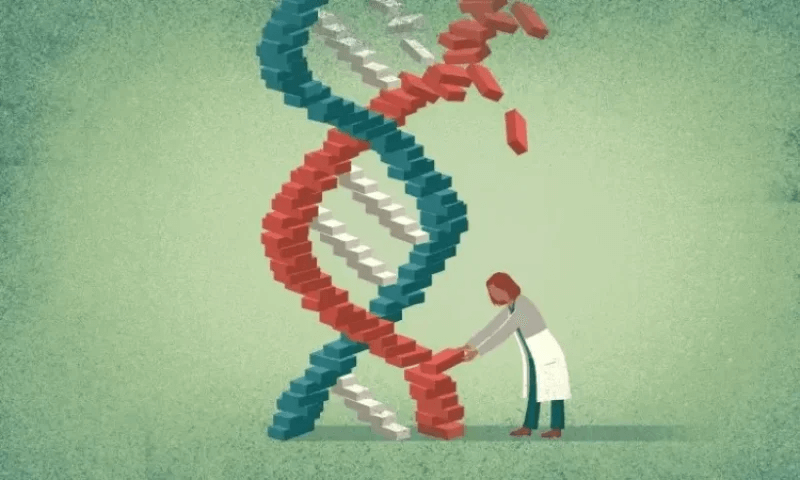In a candid conversation with GEN Senior Science Writer Julianna LeMieux during “The State of Biotech” forum, Doudna discussed a wide range of topics—what excites her most about CRISPR, where she sees genome editing making an impact on society, what it is like to win the Nobel, and much more.
It has been 10 years since your landmark article on CRISPR as a genome editing tool with Charpentier and colleagues in Science.1 What has been the best, and worst, part of the past decade?
The best has been doing the science. It has been an extraordinary opportunity to work with so many amazing people, both in my own laboratory, with our collaborators, and, of course, with Emmanuelle. Before I even met Emmanuelle, Jill Banfield, my colleague at UC Berkeley, was one of the first researchers to find CRISPR sequences back before they were a thing. There have been so many other people since then. The science is still what gets me out of the bed every morning and is still very new and exciting.
The worst? Certainly, the pandemic is high up there on my list. If there is a silver lining, it pulled together scientists from different disciplines. We certainly saw this at the IGI. People came together to build a clinical testing laboratory where we were able to build a team to develop CRISPR as a diagnostic tool. There were many other things that happened scientifically everywhere, of course, that were motivated by the desire to pitch in during the pandemic.































